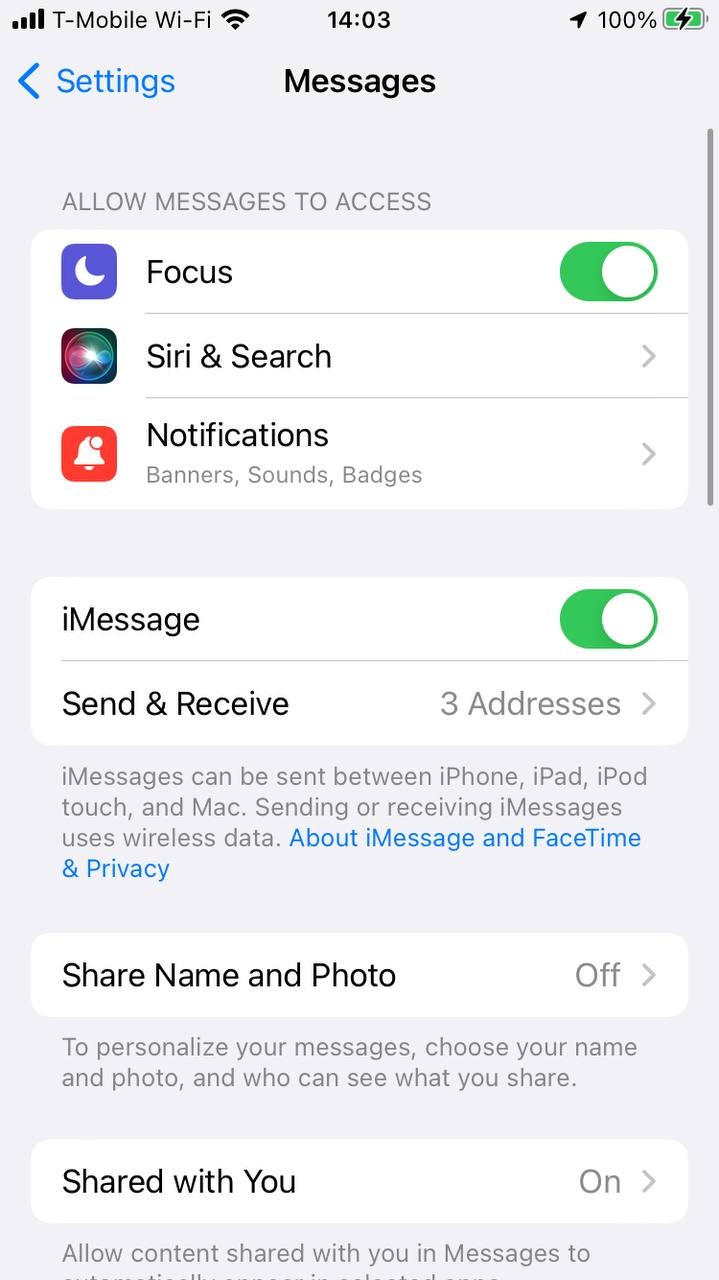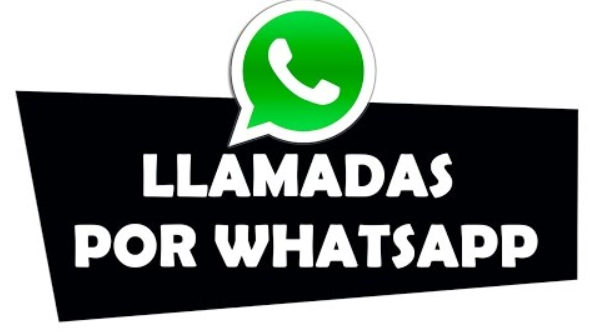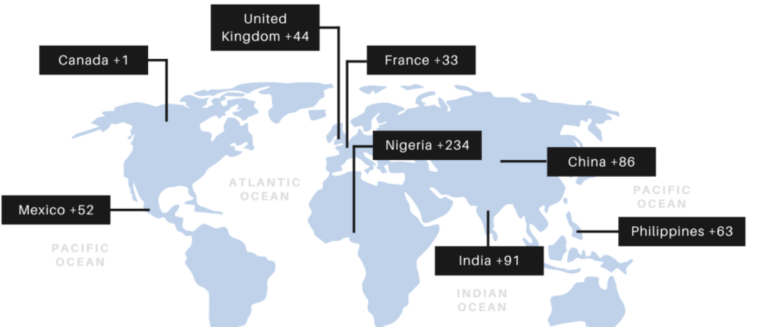Does iMessage show on phone bill? This question has been a persistent query for many iPhone users, leaving them wondering about the level of privacy and detail associated with their messaging habits. If you’re one of those individuals seeking a clear and definitive answer, you’ve landed in the right place.
In this exclusive article, we will delve into the intricacies of iMessage and its reflection (or lack thereof) on phone bills. We’ll dissect the relevant aspects, providing you with a comprehensive understanding of the matter.
Contents
Understanding iMessage: A Primer
Before we delve into the specifics of iMessage and phone bills, let’s establish a foundational understanding of what iMessage entails.
iMessage is Apple’s proprietary messaging platform, designed exclusively for communication between Apple devices. It leverages an internet connection (Wi-Fi or cellular data) to send and receive text messages, photos, videos, and other multimedia content.
Unlike traditional SMS (Short Message Service) messages, which are transmitted via cellular networks and often incur charges, iMessage operates independently. This distinction is crucial in determining its visibility on phone bills.
Demystifying Phone Bills: What to Expect
Phone bills, typically issued monthly by your carrier, provide a detailed breakdown of your cellular usage and associated charges. These bills typically encompass the following:
- Voice Calls: Duration and cost of voice calls made and received
- Text Messages (SMS/MMS): Number of text messages sent and received, potentially with associated charges
- Data Usage: Volume of data consumed during the billing period
- Other Charges: Additional fees for services like roaming, voicemail, or specific subscriptions
Now, let’s explore the intersection of iMessage and these billing components.
The iMessage Verdict: Does It Show Up?
In essence, iMessage does not directly show up on your phone bill. It’s important to understand the reasoning behind this.
iMessage, as mentioned earlier, relies on an internet connection. This means that the messages you send and receive through iMessage are not routed through your carrier’s cellular network, which is responsible for traditional SMS/MMS messages.
Consequently, iMessage activity is not itemized or accounted for in the text messaging section of your phone bill. Your carrier does not have visibility into the content or frequency of your iMessage conversations.
Data Usage: The Indirect Connection
While iMessage itself doesn’t appear on your phone bill, there’s an indirect connection through data usage.
Each iMessage you send or receive consumes a certain amount of data. This data usage, along with other internet-based activities like browsing the web, streaming videos, or using social media apps, contributes to your overall data consumption for the billing period.
Therefore, if you’re on a limited data plan, extensive iMessage usage could potentially lead to exceeding your data allowance and incurring additional charges. However, it’s worth noting that the data consumption per iMessage is typically minimal.
Detailed Billing: Dispelling Concerns
Some users might be concerned about the possibility of their carrier providing a detailed bill that reveals iMessage activity. However, this is highly unlikely.
Carriers are obligated to adhere to privacy regulations, which restrict the level of detail they can provide on phone bills. They typically focus on aggregate data usage and call durations, without delving into the specifics of individual apps or services.
In summary, you can rest assured that your iMessage conversations remain confidential and are not explicitly exposed on your phone bill.
Implications for Privacy and Transparency
The fact that iMessage does not show on phone bill has positive implications for privacy. Your messaging habits and the content of your conversations remain shielded from prying eyes, including your carrier.
However, it’s essential to be mindful of data usage, especially if you’re on a limited plan. Monitoring your data consumption and adjusting your iMessage usage accordingly can help you avoid unexpected overage charges.
Frequently Asked Questions (FAQs)
To further clarify any lingering doubts, let’s address some common questions related to iMessage and phone bills.
Q: Can my parents or partner see my iMessages on the phone bill?
A: No, they cannot. iMessage conversations are not itemized on phone bills, ensuring the privacy of your communication.
Q: Does sending photos or videos via iMessage increase data usage significantly?
A: Yes, sending media files like photos and videos consumes more data compared to text-only messages. If you’re concerned about data usage, consider sending media files over Wi-Fi whenever possible.
Q: Can I request a detailed bill from my carrier that shows iMessage activity?
A: No, carriers typically do not provide detailed bills that reveal specific app usage, including iMessage. They adhere to privacy regulations that limit the level of detail they can disclose.
Q: Are there any exceptions where iMessage might show up on a phone bill?
A: In extremely rare cases, if there’s a technical glitch or an error in billing systems, iMessage activity might inadvertently appear on a phone bill. However, this is highly uncommon.
Q: If I’m traveling internationally, will iMessage usage incur roaming charges?
A: If you’re using iMessage over Wi-Fi while traveling, you won’t incur roaming charges. However, if you’re using cellular data, iMessage usage will contribute to your overall data consumption, which could potentially lead to roaming charges depending on your plan.
Conclusion
In conclusion, iMessage does not show on phone bill directly. Your conversations remain private, and your carrier does not have visibility into the specifics of your messaging activity. However, it’s crucial to be mindful of data usage, especially if you’re on a limited plan.
Read More: Do Telegram Messages Show Up on Phone Bill? An Exclusive Investigation







